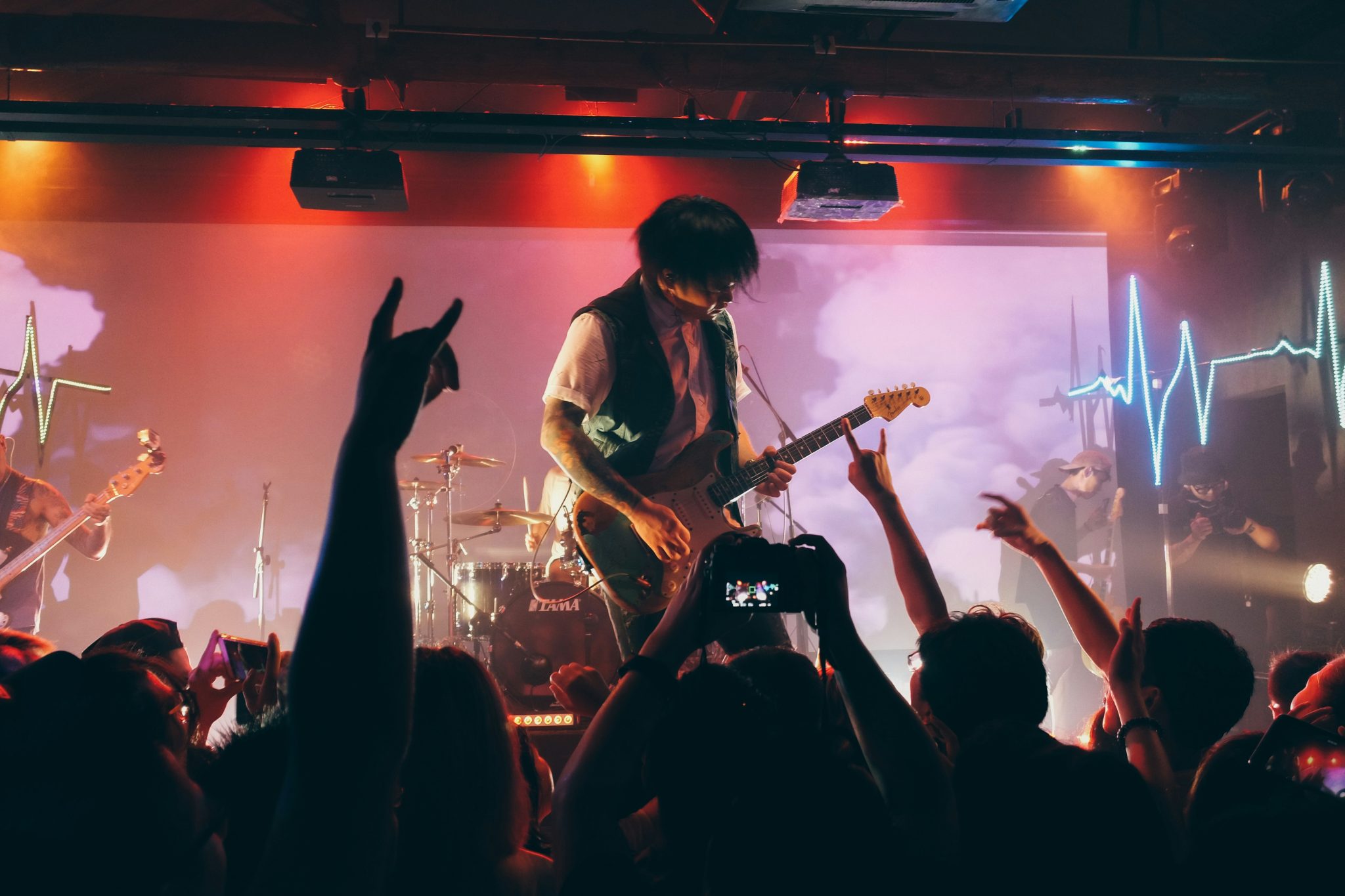Last week, we laid it out for venues: if you can’t offer artists the bare minimum — working sound, working toilets, and a shred of hospitality — you’re not ready to host live music.
But this relationship goes both ways.
Cape Town’s scene only works when artists show up just as ready, equipped, and professional as the venues that host them. You want to be treated like a pro? Then act like one.
Here are 10 things every Cape Town act must bring to the table. Not suggestions. Not “if you’re headlining.” These are the new basics. If you can’t offer them — pause, prep, and come back when you can.
1. A full, working rig — and backups
Cape Town venues don’t stockpile spares. Bring your own instruments, amps, pedals, cables, drum breakables, keyboard stands — the works. You should be able to walk into an empty room and make music. If your setup needs it, pack power strips and adapters. And always carry backup strings, sticks, batteries, fuses, and tape. Pro tip: if it can fail, bring a spare.
2. A stage plot + tech rider sent in advance
If the venue asks for a tech rider or stage plot, send it. If they don’t ask — offer it. A rider tells the sound tech what’s coming; a plot shows them how you’ll set up. This isn’t diva behaviour — it’s basic logistics. Sending this ahead saves time, reduces stress, and marks you as a band worth working with.
3. Be on time for soundcheck (and ready)
Load-in at 6pm? Be there by 5:45. Soundcheck at 7? Don’t walk in at 7:10 with a pie and excuses. When you’re late, you throw off the whole night. Set up quickly, follow instructions, and keep noodling to a minimum. A good soundcheck isn’t about perfection — it’s about cooperation.
4. A tight, original, varied set
Don’t just recycle the same six songs from your last five gigs. If your set hasn’t changed in months, you’re not gigging — you’re looping. Bring fresh material. Add a surprise. And if your music lacks dynamic range (every song is mid-tempo, same key, same structure), change it up. Variety matters — to the crowd and the venue.
5. Promote like your booking depends on it (because it does)
If you’re still assuming the venue’s IG post is enough promo, stop. Hustle your show. Create posters. DM your people. Post it. Share it. Your job is to help fill the room. Until your name alone packs venues, promotion is part of your role — not a favour to the venue.
6. Bring the right people, not the whole crew
Your cousin, your housemate, your ex, their new partner… no. Don’t abuse the guest list. Unless otherwise agreed, five guests is the standard cap. If your mates support you, they’ll buy a ticket. Venues run tight margins and can’t afford to comp half of Observatory. Respect the space. Also, if your friend calls you the day of the show for comps, put down the phone.
7. Show up sober (a drink or two is fine — slurring isn’t)
We get it. Nerves are real. A beer or two before the set? Totally fine. But if you’re visibly intoxicated on stage — slurring, stumbling, or missing cues — you won’t be asked back. Venues aren’t babysitters. Want to party? Do it after the set.
8. Respect the slot. Play on time. End on time.
Due on at 9:30? Be tuned and ready at 9:29. Slot is 30 minutes? Don’t play 40 “because the vibe was good.” That vibe dies the second you cut into someone else’s time. Plan for a 28-minute set. Everyone will love you for it.
9. A post-set gameplan
Unless you’re the headliner, when your last chord rings out, your priority is clearing the stage. Don’t start re-coiling your cables while chatting to fans. Don’t block changeover zones with your gear. Get offstage fast, then tear down off to the side. Quick, clean transitions are the secret handshake of respected live acts.
10. Be gracious. Be easy to work with.
Say hi to the bar staff. Thank the sound tech. Stick around to watch other acts. The best artists aren’t just talented — they’re team players. The worst ones act like the headliner at their own birthday party. Don’t be that band. Be the reason venues say, “We’d book them again in a heartbeat.”
Bottom line? The scene runs on mutual effort. We’re all trying to build something worth showing up for — again and again.
If you can’t bring these ten things? That’s fine. Stay home. Practice. Tighten your set, your gear, your team. Come back when you’re ready.
But if you can? Venues will notice. Fans will come back. And word will spread — fast — about the act that came prepared, played properly, and made the night better for everyone.
Let’s get local. Let’s get serious. Let’s build a scene that works — on both sides of the stage.



